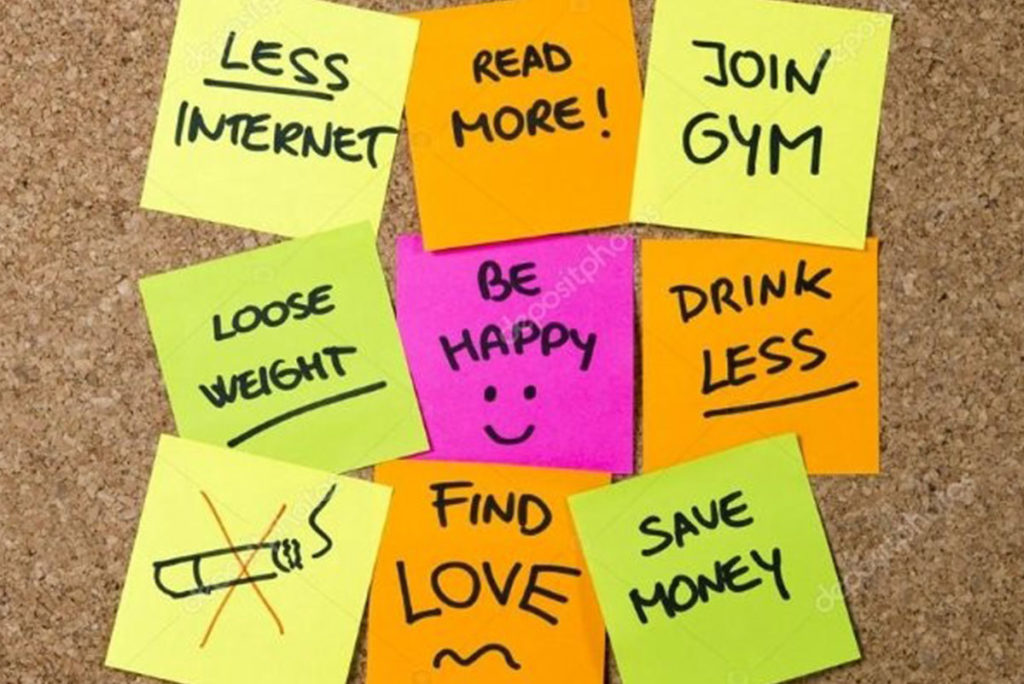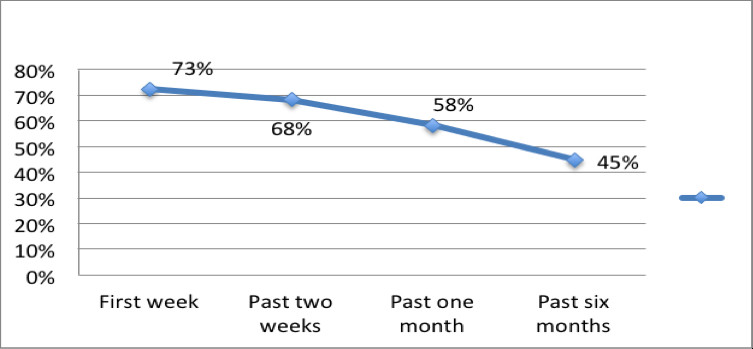Don’t Make Resolutions, Set Goals

There is something special about this time of the year. A sense of hope and excitement, a sense of wonder and an opportunity to begin anew prevails. It is a time to make plans to consider how to use the year ahead well and how to achieve the dreams that one has for one’s life. Perhaps you are thinking about resolutions for the New Year. Possibly you have already made them. Maybe you despise resolutions or believe in the cliché ‘ resolutions are meant to be broken’. Yet, even people who despise New Year resolutions formulate some kind of mental plan for the year ahead.
Let us flashback to the same time last year. What did you aspire to do in 2017? Did you dream of changing stuff in your life or to pursue your dreams? How has the year panned out? Did you get what you set out to achieve, or were there gaps between intention and results? Data analysed by Statistic Brain[1] shows very heartening figures that over 45% of people who make resolutions keep them over 6 months.
Resolutions Kept Through Time (Source StatisticBrain.com)

So what can we do differently this year? Here are my thoughts on bridging the gap between aspiration and achievement.
Examine the various areas of your life and decide what you need to work on. You may consider your health, relationships, career, finances, spirituality, intellectual development and contribution to society for instance. 2. Choose a maximum of 3 goals for the year. Write down the goals making them specific. Vague resolutions make vague goals. Don’t say ‘I am going to walk.’ Rather say ‘I will walk for 30 minutes 5 days a week’
3. Break your goals into smaller more manageable parts. For example, if you want to write a book, manageable parts could be deciding the topic, developing the index, writing the first draft, editing and revising etc. Each section should have a time frame.
4. Figure out how you are going to achieve the goal- how will you make the time to prioritise your goal, how will you juggle all the other activities in your life to make space for this, what will you give up, what support systems will you need etc.
5. Determine Lead measures to track progress. Usually, we work on lag measures – for example, we weigh ourselves to track weight loss- but this is post facto and merely a result that you can do nothing about. A good lead measure would be to track the number of calories consumed as well as exercise done.
As we draw to the end of 2017, I am sure you will take the time to think about how you would like to seize the opportunities of 2018. Best wishes for a happy, healthy, joyful and successful New Year 2018. Here’s wishing that 2018 will build a world of PEACE and that we will become more like the persons we want to be.
[1] Source: Data for January 1, 2017
https://www.statisticbrain.com/new-years-resolution-statistics/ accessed on 28/12/2017
